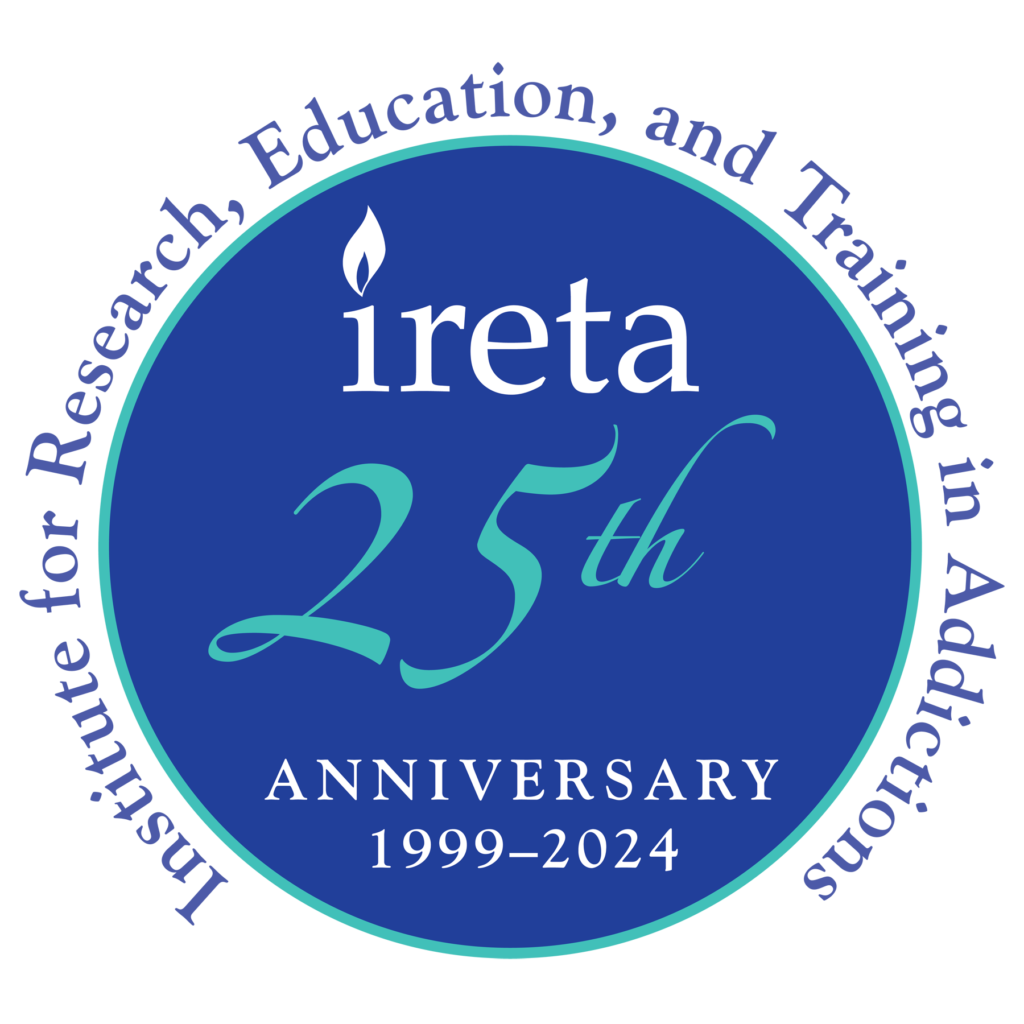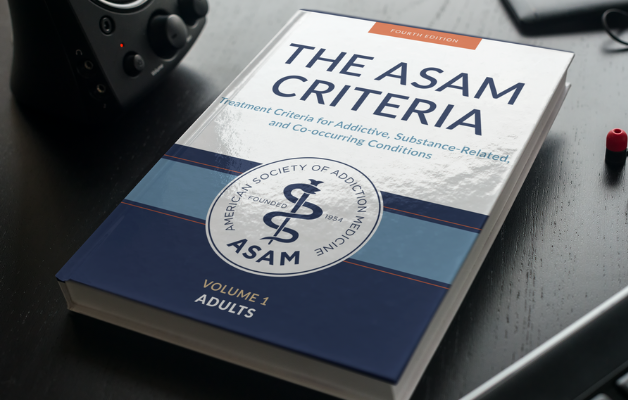Improving the treatment of substance use disorder
The Institute for Research, Education and Training in Addictions (IRETA) is a public health nonprofit in Pittsburgh, PA. We help helpers do what they do…better.

New on the Blog
Resource Library
Our Resource Library includes guides, infographics, curricula, and other tools and materials regarding addiction and treatment.
What is addiction?
IRETA strives to provide accurate and credible information about addiction that can help professionals, community members, and larger systems gain a better of understanding of how to prevent and treat it.
Scaife Medical Student Fellowship in Substance Use Disorders
This Fellowship is a specialized, intensive learning experience about addiction and its treatment. The application for the 2024 fellowship is now closed.









